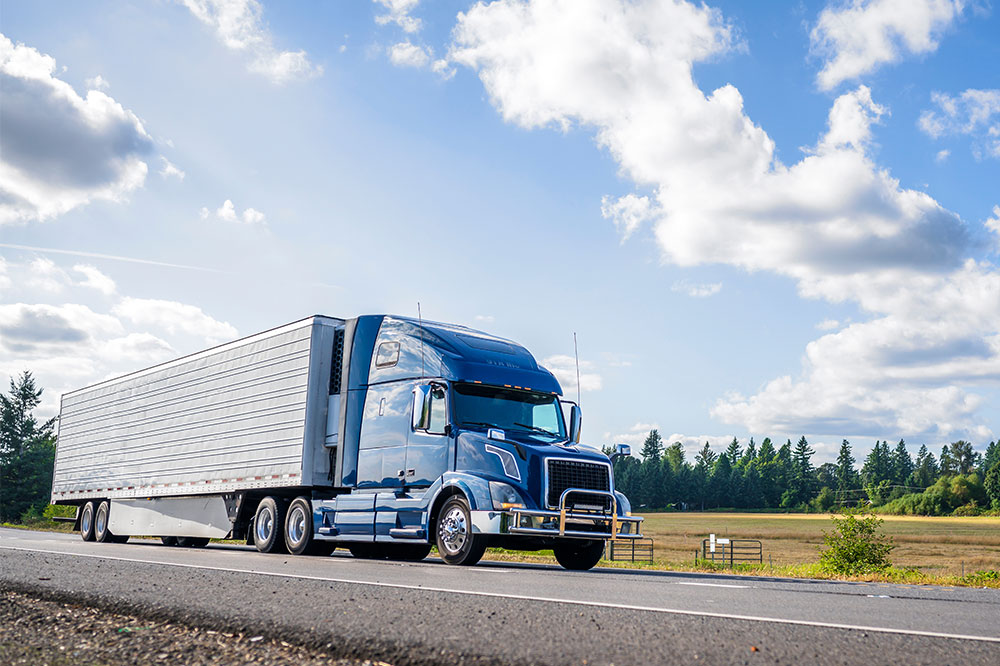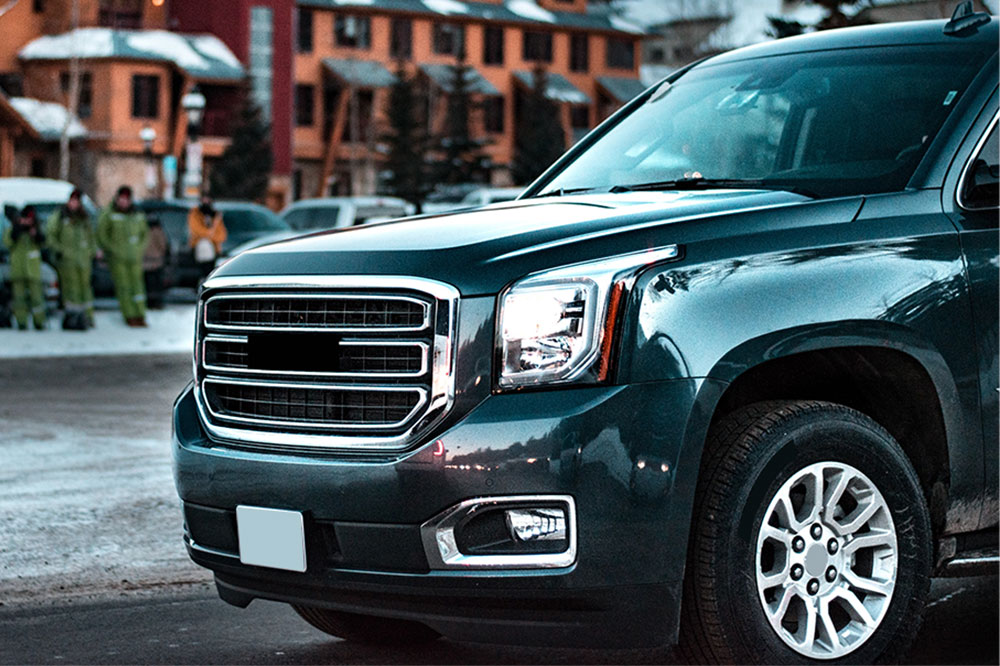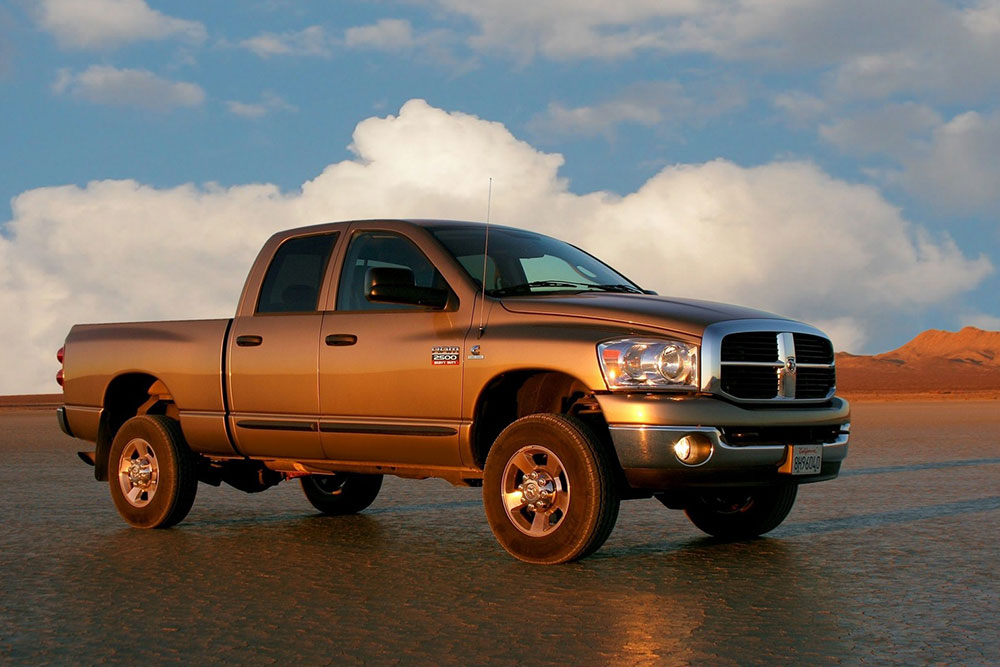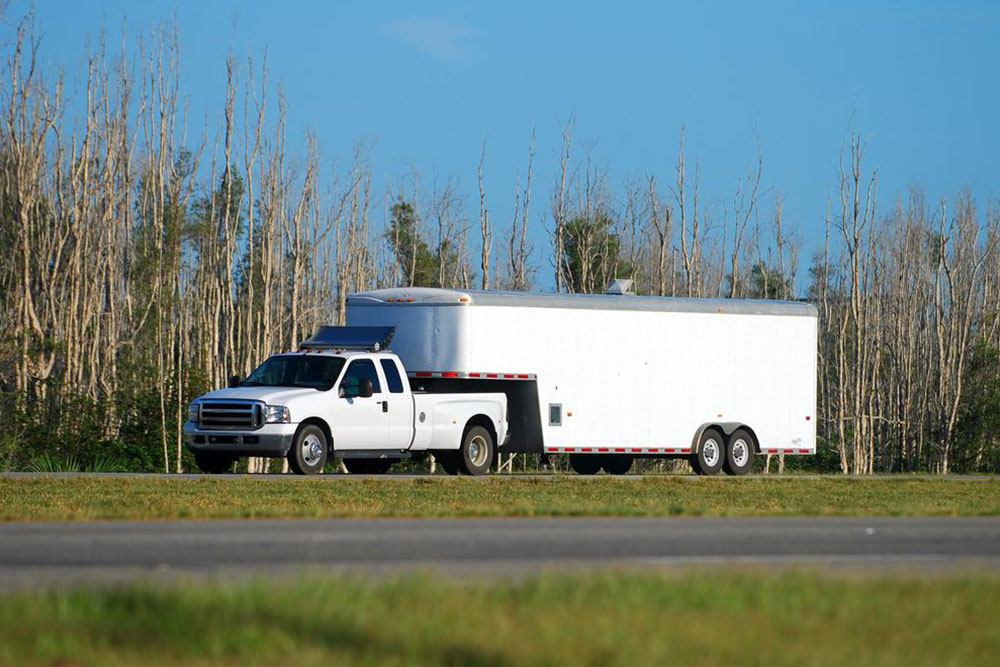Comprehensive Guide to Choosing the Perfect Pickup Truck for Your Needs
Choosing the ideal pickup truck requires understanding various factors like cab design, engine options, safety features, towing capacity, and ownership costs. This comprehensive guide helps you navigate the process, ensuring you select a vehicle that perfectly matches your needs, whether for work, outdoor adventures, or everyday use. Learn about key features, performance options, and market trends to make an informed decision and invest wisely in a versatile, reliable pickup truck.
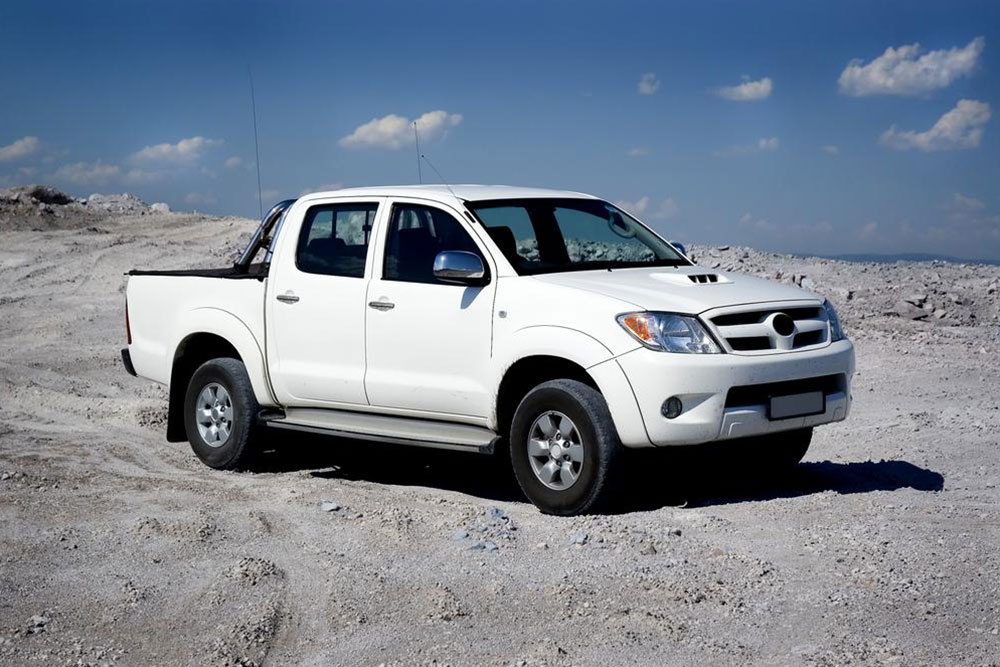
Comprehensive Guide to Choosing the Perfect Pickup Truck for Your Needs
Pickup trucks have long been recognized as some of the most versatile and functional vehicles on the road. They serve multiple purposes, from transporting goods for commercial enterprises to providing reliable transportation for outdoor adventures. With advancements in technology and design, modern pickup trucks now combine utility with comfort, making them highly appealing to a broad range of users. Whether you're a small business owner, an outdoor enthusiast, or someone needing a reliable vehicle for daily use, selecting the right pickup truck involves careful consideration of many factors. This detailed guide will cover all essential aspects you need to be aware of before making your purchase.
Understanding Cab Configurations
One of the fundamental choices when selecting a pickup truck is the cab style. Manufacturers typically offer three main types: regular cabs, extended cabs, and crew cabs. Each configuration is designed to meet different needs based on space, comfort, and versatility.
Regular Cabs: These trucks feature two doors and are often the most straightforward design. They seat up to three passengers comfortably and are ideal for those who prioritize cargo space over passenger capacity. Regular cabs are favored in work environments due to their simplicity and ease of access.
Extended Cabs: Also known as quad cabs, these models extend the standard cab to include extra seating and storage. They typically have smaller rear doors and can comfortably seat two to three additional passengers. This configuration strikes a balance between carrying capacity and usability.
Crew Cabs: The largest available configuration, crew cabs are equipped with four full doors and spacious rear seats, accommodating up to six passengers. They are well-suited for families, road trips, and work crews that need maximum space and comfort.
Performance and Engine Choices
The engine and overall performance capabilities are critical factors when selecting a pickup truck. Full-size trucks generally offer a variety of engine options tailored to different needs, including fuel efficiency, power, and towing capacity.
Six-cylinder Engines: Many modern trucks are equipped with six-cylinder engines that provide a good balance between power and fuel economy. These engines are suitable for everyday driving and moderate hauling tasks.
Eight-cylinder Engines: For those requiring more towing capacity and high performance, eight-cylinder engines are common. They offer significantly greater torque, making them ideal for heavy-duty hauling and towing large trailers or boats.
Diesel Engines: Diesel powertrains are increasingly popular in pickup trucks due to their durability and better fuel economy on long hauls. Diesel engines also generate high torque, which is beneficial for towing and cargo handling.
Safety and Technological Features
Modern pickup trucks are equipped with advanced safety features to protect drivers and passengers. These include airbags strategically placed around the cabin—front, side, and curtain airbags—as well as electronic stability control systems and anti-lock brakes (ABS).
Enhanced Safety Technologies: Rearview cameras are now standard, helping drivers navigate tight spaces safely. Trailer sway control, collision warnings, and lane departure alerts further improve driving safety, especially during extended trips.
Driver Assistance Features: Many trucks now include adaptive cruise control, parking sensors, blind-spot monitoring, and automatic emergency braking, making driving more convenient and secure.
Transmission Options and Drivetrain Configurations
The transmission system greatly influences the driving experience and fuel efficiency of pickup trucks. Most contemporary trucks favor automatic transmissions, typically with six or eight speeds, which facilitate smooth acceleration and better fuel economy.
Automatic Transmissions: These are standard in most modern trucks. Multi-speed automatic transmissions adapt to different driving conditions, providing optimal power and efficiency.
Manual Transmissions: Less common but still available in some models, manual gearboxes offer drivers greater control over driving dynamics, but they require a higher level of skill.
For off-road or difficult terrain, four-wheel-drive (4WD) or all-wheel-drive (AWD) systems are essential. These drivetrains improve traction and handling on challenging surfaces, making them invaluable for outdoor adventures and rugged work sites.
Hauling and Towing Capacity
One of the primary reasons individuals and businesses choose pickup trucks is their impressive hauling and towing capabilities. These vehicles are engineered to handle substantial weights, but the capacity varies based on the truck’s size, engine, and configuration.
Weight Ratings: Full-sized trucks can tow as much as 30,000 pounds, though typical capacities are somewhat lower, depending on the model. It’s vital to match your specific hauling needs with the truck’s rated capacity to ensure safety and performance.
Structural Features: Heavy-duty frames, reinforced suspensions, and advanced hitching options enhance the truck’s ability to handle heavy loads safely and efficiently.
Ownership Costs and Maintenance Considerations
While pickup trucks offer numerous benefits, they can entail significant ownership costs. The initial purchase price, insurance premiums, fuel expenses, and maintenance all contribute to the total cost of ownership.
Purchase Price: Entry-level models may start around $25,000, but fully equipped, heavy-duty trucks can easily surpass $50,000. Luxury features and advanced technology packages may increase the cost further.
Insurance and Operating Costs: Due to their size, build, and capabilities, pickup trucks often have higher insurance premiums. Fuel costs also tend to be higher, particularly for larger engines or diesel options.
Maintenance and Repairs: Regular maintenance such as oil changes, tire rotations, and brake inspections are essential to keep the vehicle performing well. Upgrades and part replacements can add to the overall ownership expenses.
Pricing and Market Trends
The market offers a diverse range of pickup trucks tailored to different budgets and needs. Compact and mid-size trucks are priced lower, generally starting at around $25,000, making them accessible for everyday use. Heavy-duty and full-size trucks with advanced features can cost upwards of $40,000 or more. The Dodge RAM remains one of the most popular and highly regarded models, owing to its power, reliability, and modern features.
In conclusion, selecting the right pickup truck involves a comprehensive assessment of your specific needs, whether for work, leisure, or daily driving. By considering factors such as cab style, engine options, safety features, towing capabilities, and ownership costs, you can make an informed decision that offers the best value and performance tailored to your lifestyle.
